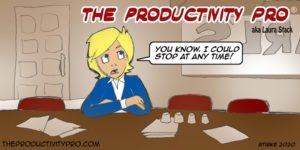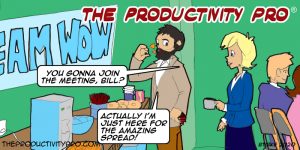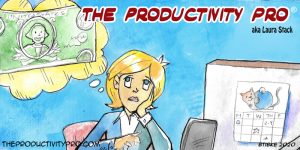
“Habit is habit and not to be flung out of the window... but coaxed downstairs a step at a time.”—Mark Twain, American author and storyteller Unlike the form of substance abuse it was named after, workaholism is neither a disease nor an addiction. Rather, it's an out-of-control bad habit that can damage your health, ruin relationships, destroy self-esteem, and even kill you. It may make you a bit more productive, but the productivity rise typically proves minimal; for most workers, a 40- to 45-hour workweek is just as productive as an 80-hour week. The human mind and body soon hit a point of diminishing returns where fatigue and mistakes slow you down. There are much easier, more reasonable ways to boost your productivity. Fortunately, the habit of overwork can be broken (ironically … [Read more...]











